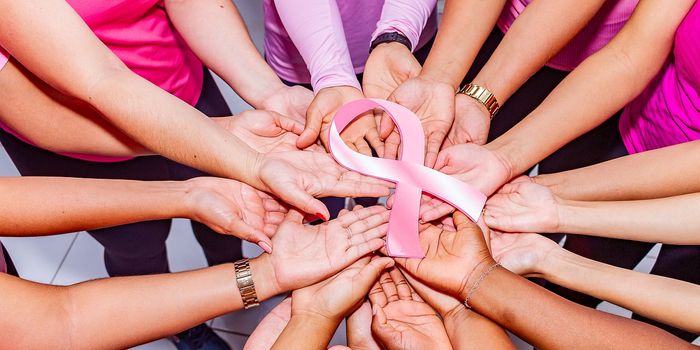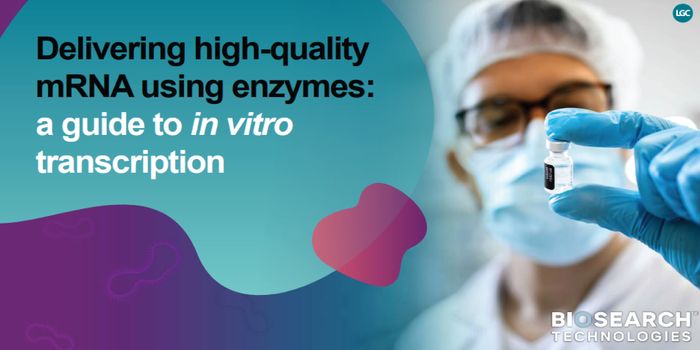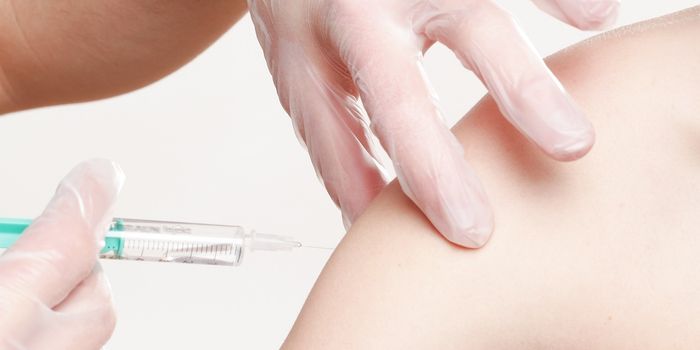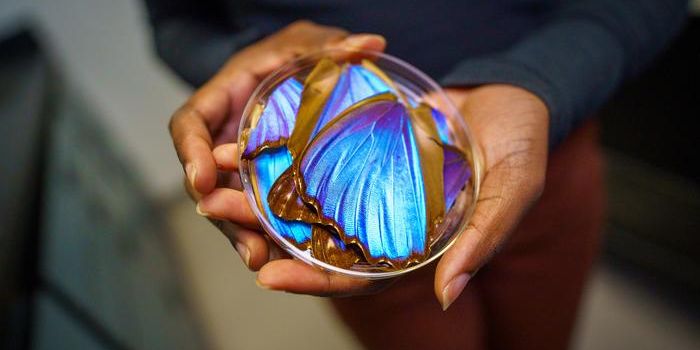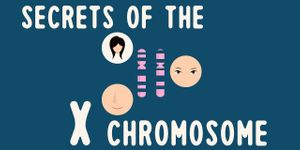Strawberry season is in full swing, and researchers say the extract of this sweet fruit may stop the spread of breast cancer cells in the lab.
"We have shown for the first time that strawberry extract, rich in phenolic compounds, inhibits the proliferation of breast cancer cells in in vitro and in vivo models," said Maurizio Battino, a professor at the Marche Polytechnic University (Italy) and the European University of the Atlantic in Santander (Spain), and the study’s senior investigator.
Strawberries, and berries in general, have shown anti-inflammatory and antioxidative properties. So, to understand how compounds in strawberries affect cancer, the research team turned first to a cell model.
The team used highly invasive tumor cells and treated them with different concentrations of strawberry extracts (between 0.5 and 5 mg/ml) for up to three days. Exposure to the strawberry extract rich in polyphenols increased cell death and decreased cell division - effects which are highly desirable when trying to kill cancer cells. Of note, polyphenols are considered to be oxygen radical scavengers that can counter the effects of reactive oxygen species in the body.
Then, the team turned to mouse models which were injected with breast cancer cells. The mice fed with an enriched diet with 15 percent strawberry extract showed less tumor migration to the surrounding healthy tissue. "We also saw a significant reduction in the weight and volume of the tumor," said Battino. Mice fed with a normal diet didn’t seem to have positive alterations in their tumor growth.
The team also explored the effects of strawberry extract on the genetic expression profile of the cancer cells. They showed that the extract decreased the expression of genes involved with invasion and metastasis. This may be a mechanism for the positive results seen in both the cellular and mouse models.
But before people get too excited about gorging on strawberries for anti-cancer purposes, the team is quick to note that the results are limited to the cell and mouse models. Specifically, it’s not known if the same results will occur in humans without further experiments.
"The majority of diseases, including cancer, are complex," said Battino, "and involve complex interactions between cellular and molecular systems that determine the development of the disease. These results are without a doubt valid for understanding potential effects of strawberries on breast cancer and the molecular mechanisms involved, but they must be complemented with clinical and epidemiological studies to verify whether humans experience the same positive effects as we have observed in mice."
Despite this big caveat, they acknowledge that incorporating more fruits like berries as part of a healthy diet may not be such a bad move!
Additional sources: Nature Scientific Reports, Science Daily


